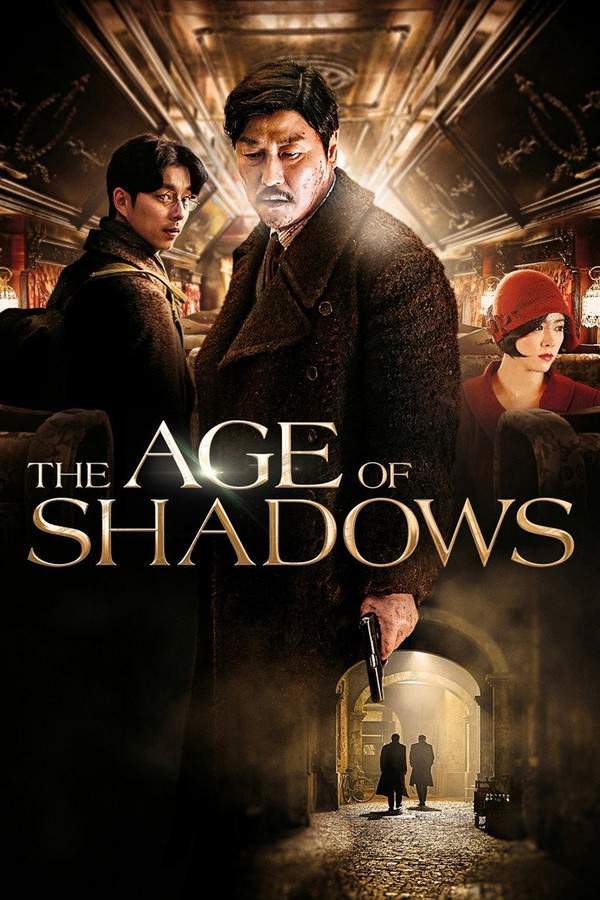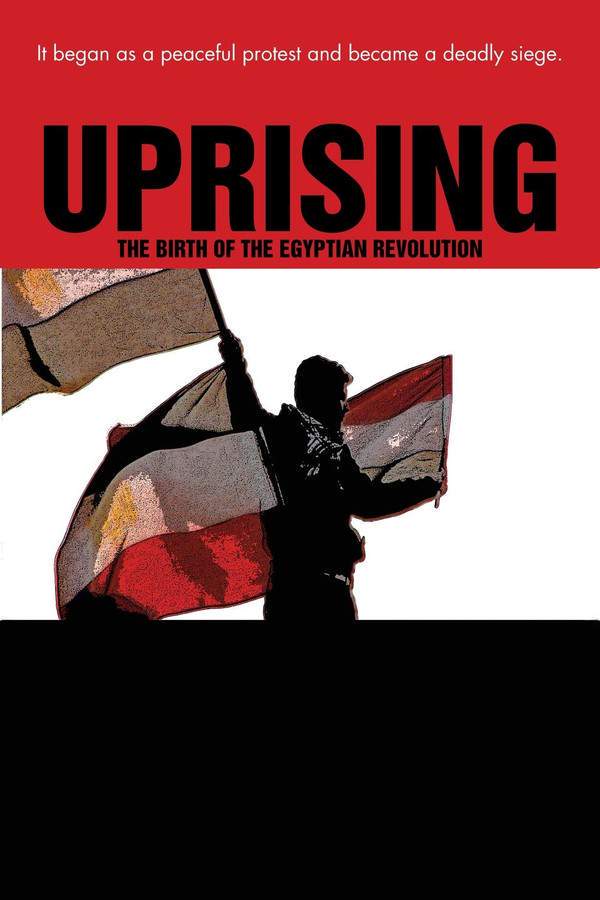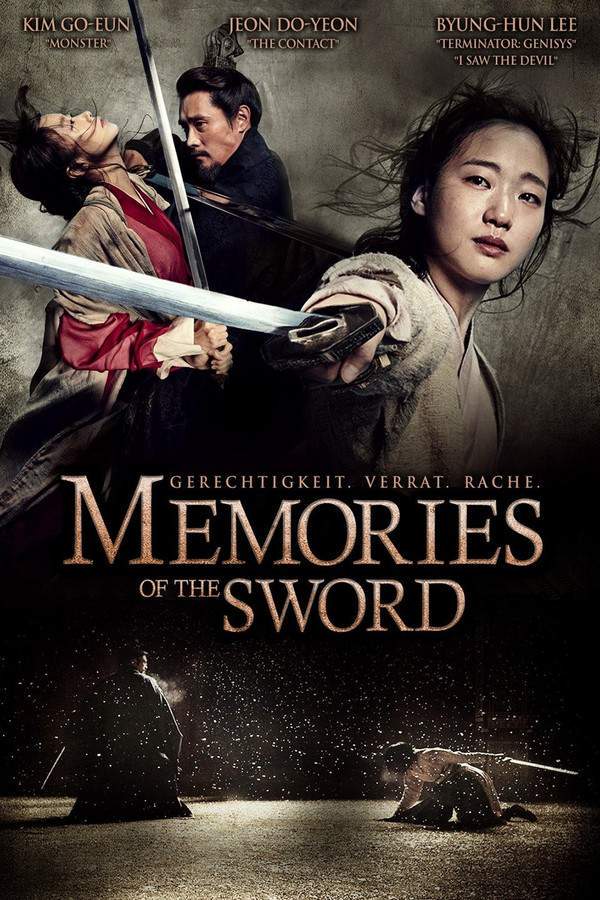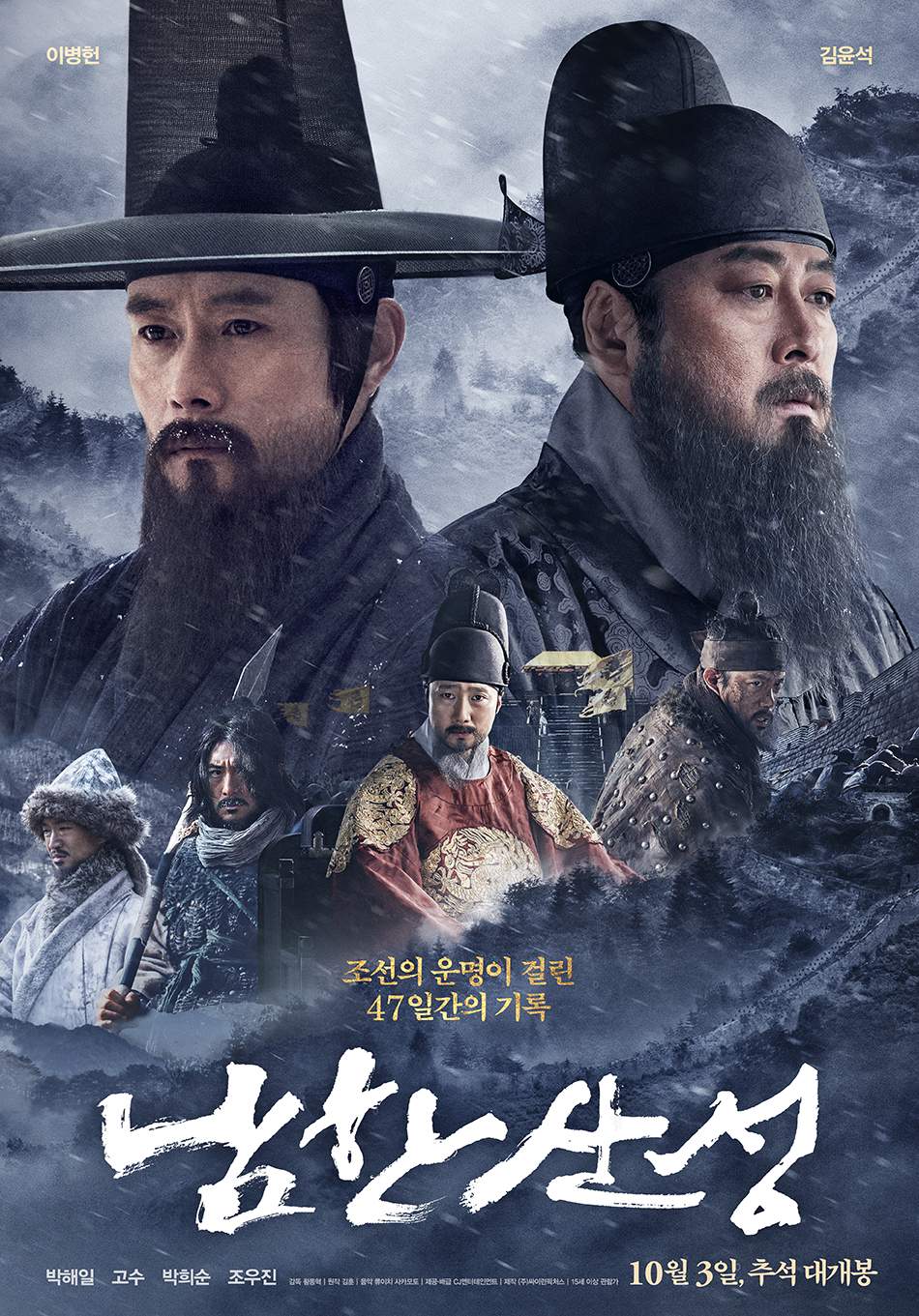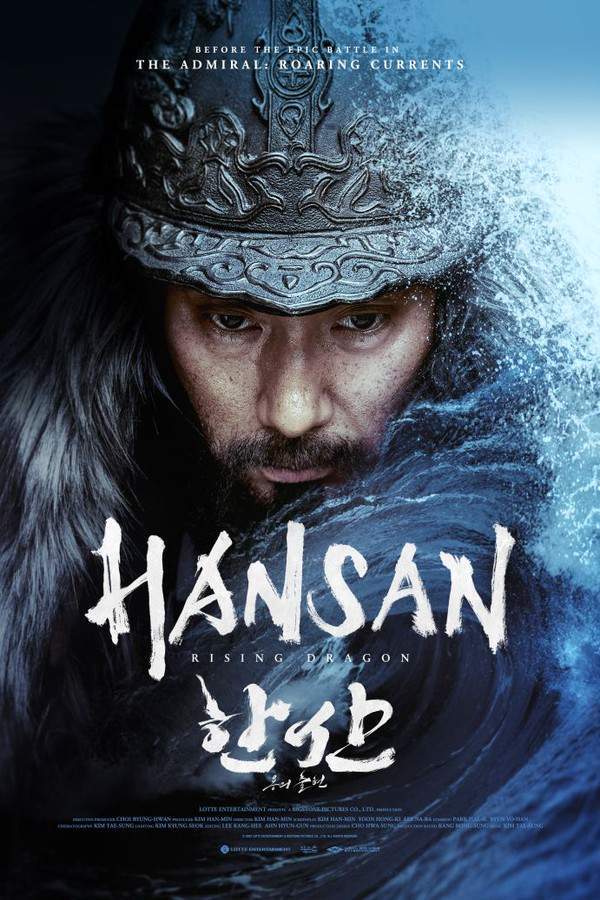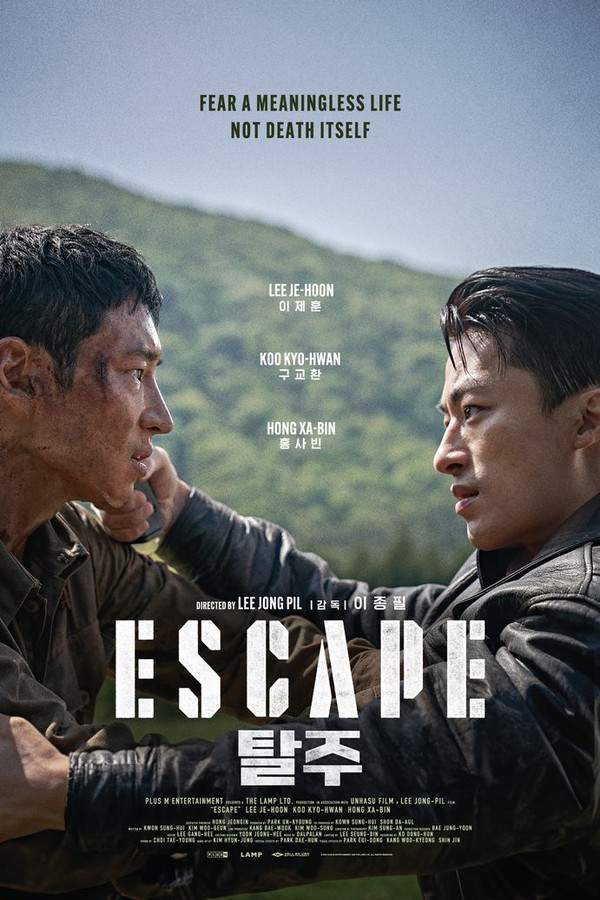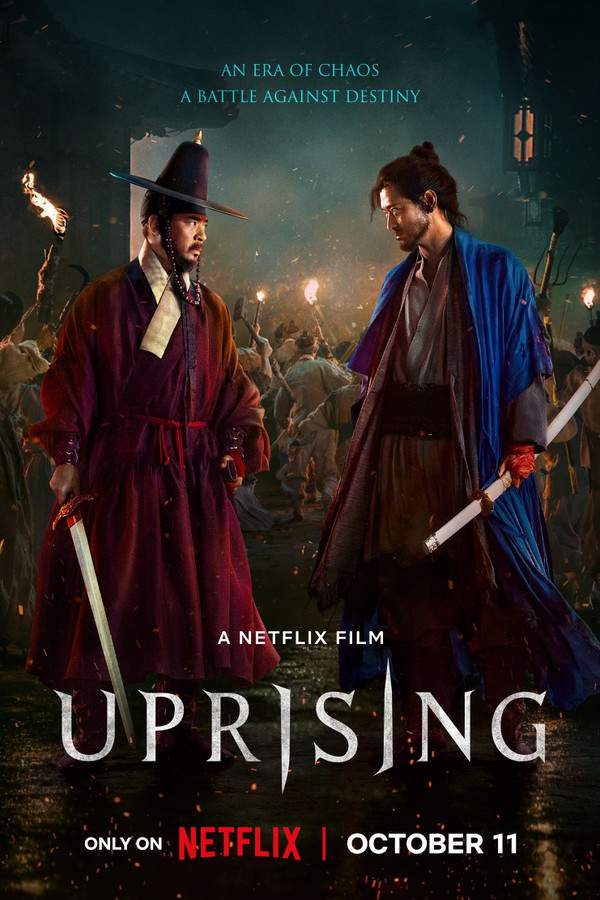
Two men, once close friends, find their lives irrevocably altered by war in the Joseon Dynasty. Forced onto opposing sides of a brutal conflict, they must grapple with the painful reality of their fractured relationship and the difficult decisions that led them there.
Does Uprising have end credit scenes?
No!
Uprising does not have end credit scenes. You can leave when the credits roll.
Meet the Full Cast and Actors of Uprising
Explore the complete cast of Uprising, including both lead and supporting actors. Learn who plays each character, discover their past roles and achievements, and find out what makes this ensemble cast stand out in the world of film and television.
External Links and Streaming Options
Discover where to watch Uprising online, including streaming platforms, rental options, and official sources. Compare reviews, ratings, and in-depth movie information across sites like IMDb, TMDb, Wikipedia or Rotten Tomatoes.
Ratings and Reviews for Uprising
See how Uprising is rated across major platforms like IMDb, Metacritic, and TMDb. Compare audience scores and critic reviews to understand where Uprising stands among top-rated movies in its genre.


80%
TOMATOMETER

79%
User Score

/10
IMDb Rating

3.4
From 19 fan ratings
Take the Ultimate Uprising Movie Quiz
Challenge your knowledge of Uprising with this fun and interactive movie quiz. Test yourself on key plot points, iconic characters, hidden details, and memorable moments to see how well you really know the film.
Uprising: The Fight for Freedom: Test your knowledge on the powerful themes and intricate plot of 'Uprising', a film about the struggle against slavery and societal injustice.
Who is the main scholar advocating for the abolition of slavery in 'Uprising'?
Cheon Yeong
Jeong Yeo-Rip
Yi Jong-Ryeo
King Seonjo
Show hint
Full Plot Summary and Ending Explained for Uprising
Read the complete plot summary of Uprising, including all major events, twists, and the full ending explained in detail. Explore key characters, themes, hidden meanings, and everything you need to understand the story from beginning to end.
A scholar named Jeong Yeo-Rip had a vision for a world where everyone was treated equally, forming a private community called Great Unity that advocated for the abolishment of slavery. In this progressive society, noblemen and slaves shared meals, trained together in martial arts, and embraced the idea that true harmony was built on equality. Naturally, this revolutionary concept didn’t sit well with King Seonjo, played by Seung-won Cha, whose reign relied on maintaining traditional hierarchies that kept slaves subservient to the noble class. Jeong Yeo-Rip was soon accused of treason, leading to the attack on his community where he ultimately took his own life, leaving behind a profound message that ignited an anti-slavery movement among the populace.
Not long after, we meet Cheon Yeong, a slave portrayed by Gang Dong-Won, who finds himself captured by royal guards for attempting to escape the oppressive life he has endured for over twelve years in the clutches of the Deputy Minister of Defense. His recent attempt to flee is made even worse by the sword of his noble master being found on him—its lineage tied directly to the minister’s prestigious family. The sword, awarded for its martial excellence, complicates Cheon Yeong’s position as he finds himself at the mercy of the law yet again, now facing severe punishment for his perceived theft in addition to his escape.
The unjust nature of society’s laws becomes evident as Cheon Yeong’s story unfolds, revealing how children born to slaves are bound to inherit the same fate. Ironically, he comes from a lineage that held nobility, yet the dire financial strife led his mother to be sold into slavery to repay debts. At the same time, Cheon Yeong is forced into servitude in the very household that once belonged to his ancestors, enduring inhumane treatment as he is subjected to brutal punishments in place of the noble Yi Jong-Ryeo, played by Jeong Min Park, who is being trained as a warrior in his family tradition. The connection between Cheon Yeong and Jong-Ryeo grows more complex as their lives become intertwined—Cheon Yeong secretly teaches Jong-Ryeo martial arts to aid in his training, hoping to receive some reprieve from the brutality he endures.
But as history would have it, new challenges arise. The approach of the Japanese invasion catalyzes a change, as slaves rise against their oppressors inspired by Jeong Yeo-Rip’s teachings. Cheon Yeong confronts the harsh reality of his situation when the Japanese attack brings the political atmosphere crashing down. While he aims to gather an army from the oppressed, Jong-Ryeo is caught in a tangled web of loyalty, betrayal, and misunderstanding—convinced that Cheon Yeong has become a threat after the tragic fall of his family during the chaos.
Amidst the uprising, Cheon Yeong becomes a figure of resistance while Jong-Ryeo finds himself navigating between loyalty to his family and his friendship with Cheon Yeong, further complicated by the betrayal they both experience at the hands of those they trusted. As the battles rage on, and loyalties are tested, Cheon Yeong fights for freedom, gathering support from former slaves and strategically outmaneuvering the forces of the Japanese army led by General Genshin Kikkawa, featured prominently in the saga.
The conflict sparks an ultimate confrontation where personal vendettas and political aspirations collide spectacularly, culminating in a fierce struggle against oppressive powers. Cheon Yeong faces the tragic consequences of misplaced trust, grief, and the betrayal of those closest to him, leading him to undertake a desperate quest for both redemption and revenge. As the storm of war rages on, Cheon Yeong’s call to arms becomes ever urgent, culminating in a revolutionary movement that aims to overthrow King Seonjo and reshape a nation longing for justice. In this riveting tale of struggle, loyalty, and the quest for freedom, hope rises from the ashes of despair, and the dream of equality burns bright in the hearts of the oppressed, led by their indomitable spirit to reclaim not just their lives but their dignity.
Uncover the Details: Timeline, Characters, Themes, and Beyond!

Coming soon on iOS and Android
The Plot Explained Mobile App
From blockbusters to hidden gems — dive into movie stories anytime, anywhere. Save your favorites, discover plots faster, and never miss a twist again.
Sign up to be the first to know when we launch. Your email stays private — always.
Watch Trailers, Clips & Behind-the-Scenes for Uprising
Watch official trailers, exclusive clips, cast interviews, and behind-the-scenes footage from Uprising. Dive deeper into the making of the film, its standout moments, and key production insights.
Uprising Themes and Keywords
Discover the central themes, ideas, and keywords that define the movie’s story, tone, and message. Analyze the film’s deeper meanings, genre influences, and recurring concepts.
Uprising Other Names and Titles
Explore the various alternative titles, translations, and other names used for Uprising across different regions and languages. Understand how the film is marketed and recognized worldwide.
Similar Movies To Uprising You Should Know About
Browse a curated list of movies similar in genre, tone, characters, or story structure. Discover new titles like the one you're watching, perfect for fans of related plots, vibes, or cinematic styles.
Quick Links: Summary, Cast, Ratings, More

What's After the Movie?
Not sure whether to stay after the credits? Find out!
Explore Our Movie Platform
New Movie Releases (2025)
Famous Movie Actors
Top Film Production Studios
Movie Plot Summaries & Endings
Major Movie Awards & Winners
Best Concert Films & Music Documentaries
Movie Collections and Curated Lists
© 2025 What's After the Movie. All rights reserved.














